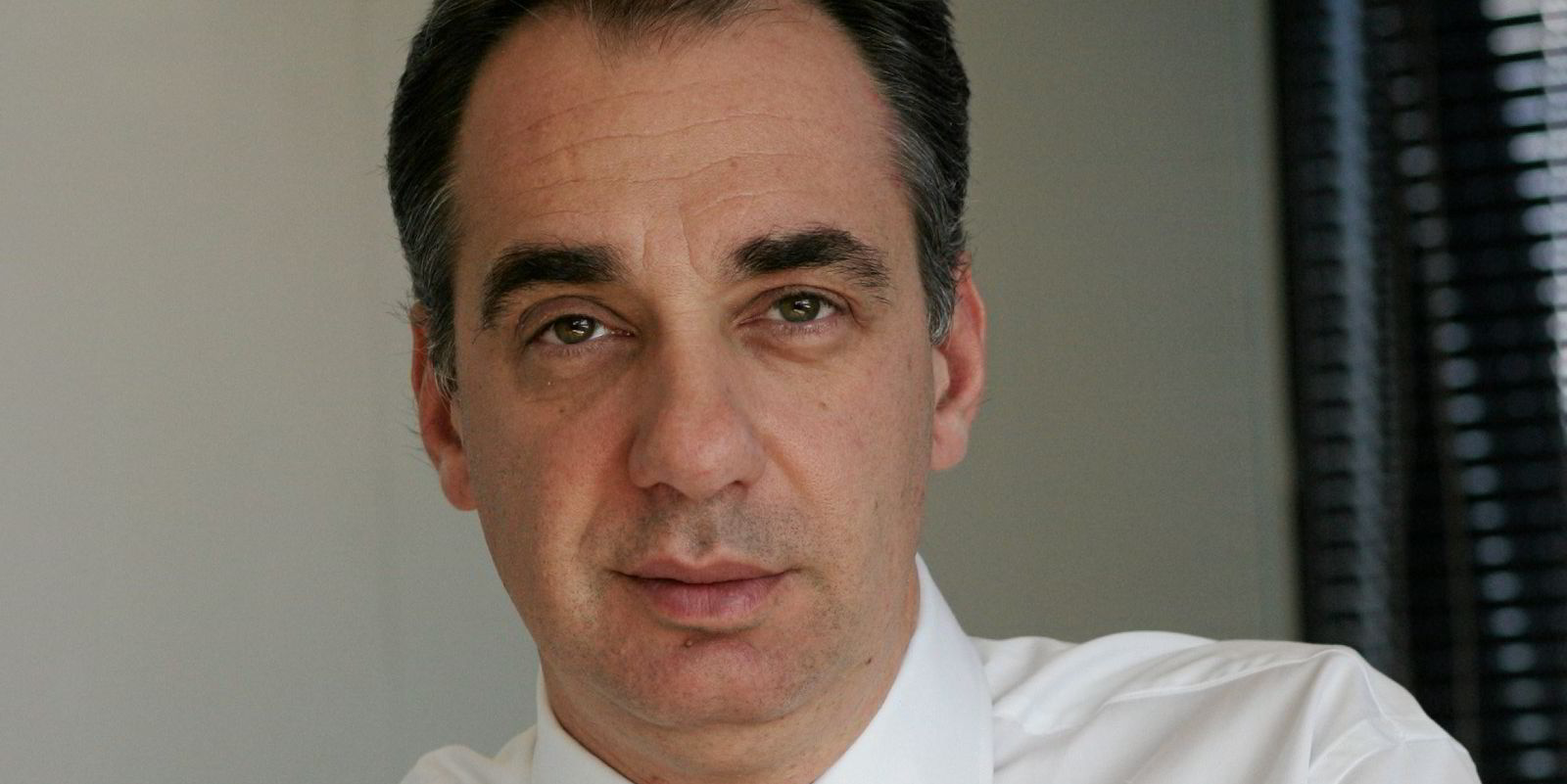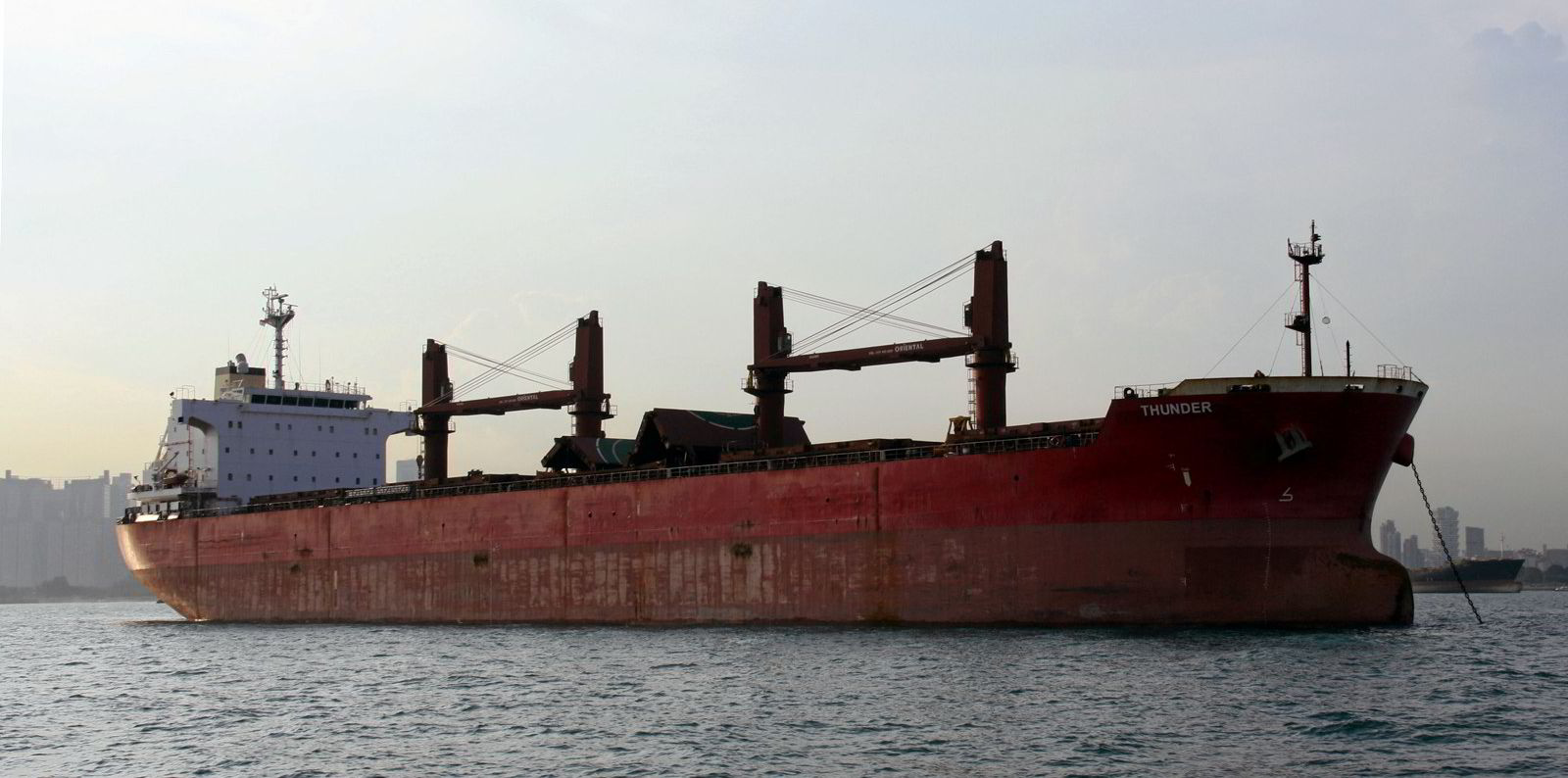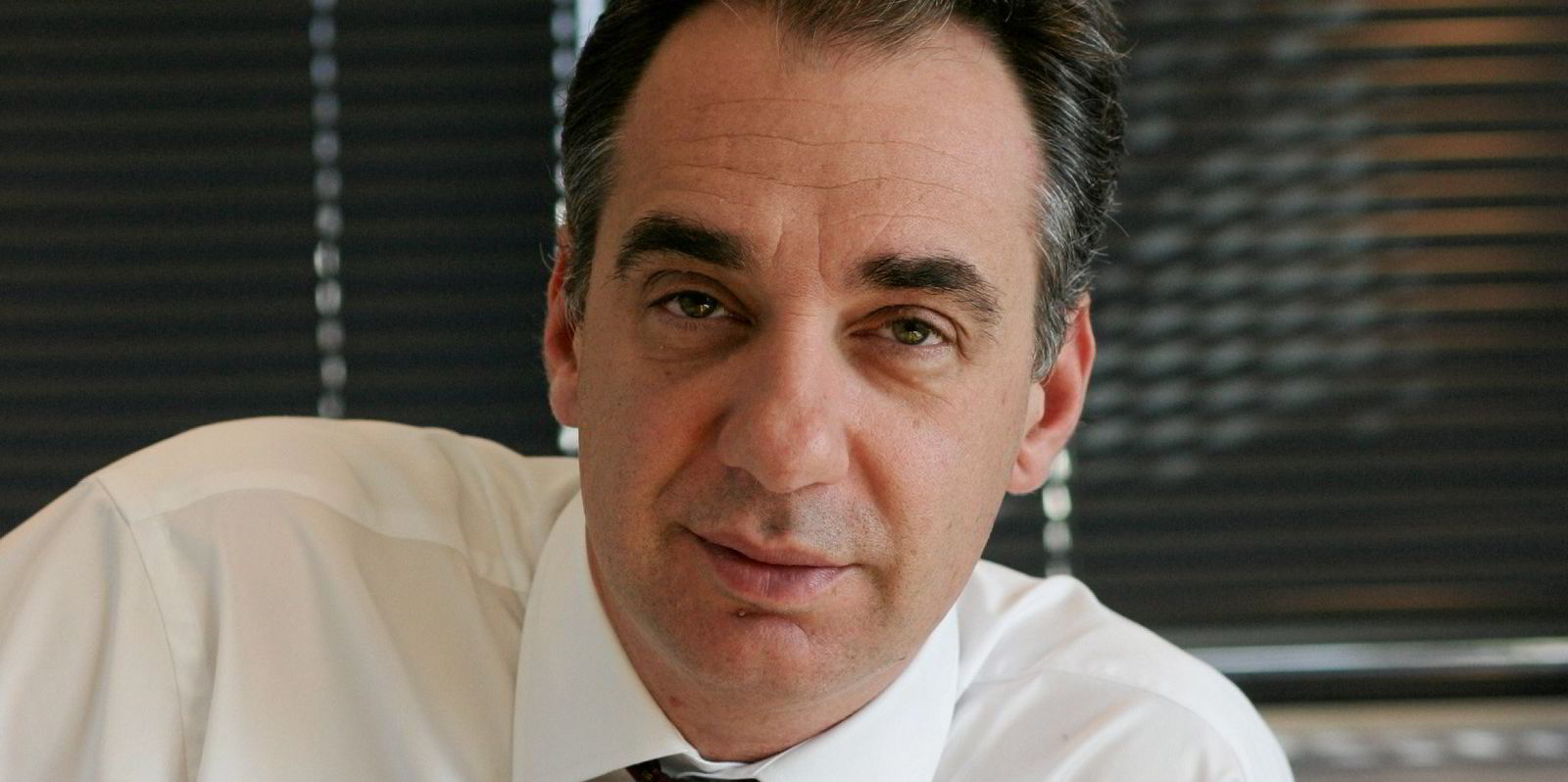US-listed Costamare announced on Wednesday yet another round of robust quarterly earnings and disclosed new chartering deals that secure employment for 11 of its boxships for up to eight years into the future.
The owner of nearly 120 container ships and bulkers posted net income of $115.5m in the third quarter, broadly the same as in the same period last year.
Profitability thus remains on course for an annual record, with net income climbing by 32% year-on-year between January and September to $360.5m.
With the size of Costamare’s fleet nearly doubling since 2020, as the company increased its container-ship fleet and acquired 45 bulkers, revenue is set to break through the $1bn-mark in 2022.
During the first nine months of the year, voyage revenue increased at an annual pace of 67% to $848m.
As container-ship markets slow from their vertiginous heights of last year, however, Costamare secured future cash flows through an unusual deal to charter 11 boxships — about one-seventh of its container-ship fleet — two to three years in advance.
The company said that “a leading liner company” agreed to fix the ships on a forward basis, after their current employment expires, in new charters that will extend up to 2030.
Chief financial officer Gregory Zikos explained the move as part of the company’s “focus on increasing visibility and our contracted cash flow base”.
Mystery liner provides long-term business
Costamare did not disclose any information about the rates at which the forward chartering agreements were concluded, other than to say that they will boost contracted revenue by about $420m in total.
The biggest part of that will probably derive from the forward fixing of the 11,010-teu Cape Artemisio (built 2017) and the 8,827-teu sister ships Valor, Value, Valiant, Valence and Vantage (all built 2013).
The six vessels are currently in charters with Hapag-Lloyd that mature in 2025, with the Cape Artemisio currently earning $36,650 per day and the others $32,400 per day.
Under the agreement Costamare revealed on Wednesday, the unidentified major liner company chartered the six ships forward, from the time their current charters expire, for a period of 60 to 64 months until 2030.
The same liner company also fixed the 8,531-teu Navarino (built 2010) until January 2029. That ship is with the Mediterranean Shipping Co (MSC) until 2025 and is currently earning $31,000 per day.
Smaller Costamare vessels that found new employment of between 24 and 39 months — after the end of their current charters in 2023 and 2024 — are the 2,556-teu Etoile (built 2005), the 1,300-teu Trader and Michigan (both built 2008), as well as the 1,078-teu Luebeck (built 2001).
The Michigan and Luebeck are currently with MSC. Shipping and data providers have listed the Etoile with Westwood Shipping Lines.
Sitting and waiting on S&P
Costamare announced the forward-fixing agreements in an environment of slowing boxship markets.
“Cargo volumes have been softening across several trade lanes with energy costs and inflation impacting consumer spending,” Zikos said.
“Fixing activity has been at low levels and the majority of new fixtures are for short-term employment. Charter rates have been under pressure, although they remain at profitable levels,“ he added.
Speaking of Costamare’s bulker fleet, Zikos said that freight rates for the company’s vessels remain profitable and that the company “feels comfortable with the long-term supply and demand dynamics of the sector”.
Costamare, which has invested in all types of bulkers except capesizes and employs them in the spot market, said it concluded 34 chartering agreements since the end of July.
“We view any potential softening of asset values as a compelling buying opportunity,“ Zikos said.
Speaking to analysts after results were published, however, Zikos explained that the time for such purchases has not come yet.
Softer bulker markets have not pushed ship values low enough to the levels at which Costamare acquired its fleet of such ships last year, he said.
The same applies to boxships, where markets have declined at a much steeper pace than bulkers — albeit from very high levels.
“We don’t feel secondhand or newbuilding asset values have come to a level where an investment today would make sense… probably in the future there will be opportunities but this isn’t something we see today,” Zikos said, adding:“I think the proper thing to do is sit and wait — we don’t have to grow, we have 120 ships.”





